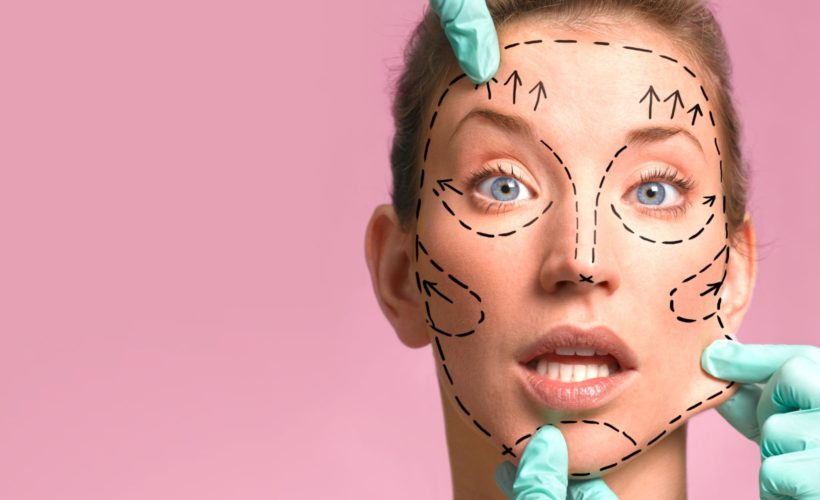Plastic surgeons say they’ve noticed a trend of what they call “Snapchat dysmorphia” taking over patients nationwide, according to new research from the Boston University School of Medicine.
Researchers said in a recent article that people have been asking doctors to make them look more like the heavily filtered or edited versions of themselves popularized on smartphone apps like Snapchat and Instagram.
The American Academy of Facial Plastic and Reconstructive Surgery found in a survey that in 2017, 55 percent of surgeons reported seeing patients who sought surgery so they could look better in selfies. The number was a 13 percent increase from the previous year, according to the Post.
The Boston University researchers’ article noted that it is often “unattainable” for humans to look like their filtered selfies, and that the apps are “blurring the line of reality and fantasy.”
Neelam Vashi, a professor of dermatology at the school and a co-author of the article, told The Washington Post that the widespread availability of photo-editing software is “remarkable” and changing patients’ expectations of what they can and should look like.
“Sometimes I have patients who say, ‘I want every single spot gone and I want it gone by this week or I want it gone tomorrow,’ because that’s what this filtered photograph gave them,” Vashi told the Post. “That’s not realistic. I can’t do that.”
The researchers identified “Snapchat dysmorphia” — a term coined by a British cosmetic doctor — as a version of body dysmorphic disorder (BDD), a diagnosable mental condition that causes people to become obsessive about their appearance and body image.
Though BDD can be treated with therapy and medication, about one-fourth of people with the disorder have attempted suicide, according to a 2007 study, and many more have experienced suicidal thoughts.
Vashi said that the prevalence of social media is causing society to become “more and more preoccupied, obsessed with … what we look like.”
“It can bring feelings of sadness and then if one really develops this disorder, that sadness clearly progresses to something that can be dangerous and alarming,” Vashi added.
More from The Hill:
Ocasio-Cortez: ‘Medicare for All’ is ‘not a pipe dream’
West Virginia mayor: Opioid crisis is ‘eroding the foundation’ of the US
Patient groups rattled by new Medicare power to negotiate lower drug prices
Source:CNBC






